
Sports Law Prof (2.0) - Sports Law Educational Tool
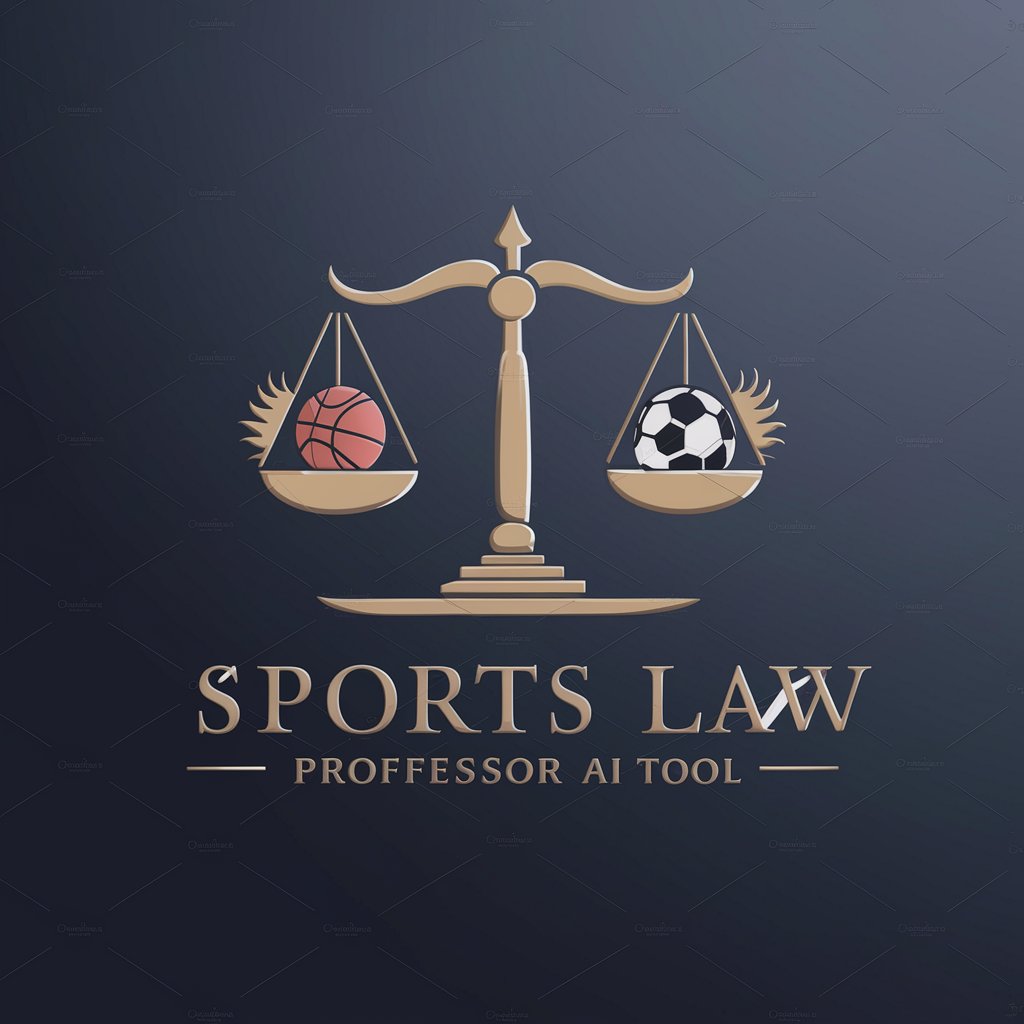
Welcome! Let's dive into the world of sports law and explore the legal landscape of athletics.
Empowering Legal Minds in Sports
Can you explain how the Alston case impacted the NCAA's regulations on athlete compensation?
What are the key legal issues surrounding franchise relocation in professional sports leagues?
How does Rule 40 of the Olympic Charter affect athletes' marketing rights?
What are the primary responsibilities of a general counsel in a major sports organization?
Get Embed Code
Introduction to Sports Law Prof (2.0)
Sports Law Prof (2.0) is a specialized AI tool designed to facilitate deep understanding and engagement with the complex and evolving field of sports law. Tailored for educational and informational purposes, it aims to bridge the gap between academic knowledge and practical application in sports law contexts. Utilizing a vast database of legal precedents, case studies, and academic literature, it provides detailed insights, analyses, and explanations on a wide range of topics within sports law. This includes governance in amateur sports, the NCAA and NIL policies, professional league structures, athlete compensation, intellectual property rights, antitrust issues, and more. For example, through hypothetical scenario analysis, it can demonstrate the implications of NCAA v. Alston on college athletes' compensation, offering a nuanced understanding of the balance between amateurism and athletes' rights. Powered by ChatGPT-4o。

Main Functions of Sports Law Prof (2.0)
Educational Support
Example
Explaining the legal principles behind the Olympic Model and Rule 40 of the Olympic Charter, including case studies like Defrantz v. USOC.
Scenario
A law student preparing a paper on the legal challenges faced by athletes and sponsors due to Rule 40 restrictions.
Case Analysis
Example
Detailed breakdown of National Collegiate Athletic Association v. Board of Regents and its impact on television broadcasting rights and antitrust law in sports.
Scenario
An academic researcher analyzing the evolution of antitrust applications in the realm of college sports.
Professional Guidance
Example
Advising on the ethical and professional standards for agent representation in sports, including contract analysis and case studies like Zinn v. Parish.
Scenario
A sports agent seeking to understand the legal boundaries and ethical considerations in representing athletes.
Interactive Learning
Example
Engaging users in hypothetical scenarios to apply sports law concepts, such as franchise relocation rules and the impact on communities.
Scenario
A discussion group for law students simulating a franchise relocation negotiation to explore the multifaceted legal and ethical dimensions.
Ideal Users of Sports Law Prof (2.0) Services
Law Students
Second and third-year law students at top U.S. law schools, especially those with a concentration in sports law, will find this tool invaluable for enhancing their understanding of complex legal concepts through real-world applications and case studies.
Academic Researchers
Scholars focusing on sports law research can leverage the tool for in-depth analyses of landmark cases, legislative developments, and their implications on the sports industry.
Legal Professionals
Attorneys, sports agents, and legal advisors specializing in sports law can use this tool for staying updated on legal precedents, understanding new regulatory changes, and obtaining insights for practical case management.
Sports Industry Professionals
Executives, managers, and other professionals involved in sports organizations, leagues, and teams can benefit from understanding the legal framework that governs sports, aiding in decision-making and strategic planning.

How to Use Sports Law Prof (2.0)
1
Begin by visiting yeschat.ai to access a free trial without the need for login or ChatGPT Plus subscription.
2
Select the Sports Law Prof (2.0) from the available GPT options to focus on sports law-related queries.
3
Pose your question or topic of interest directly related to sports law, ensuring clarity and specificity for the best response.
4
Use the interactive features to refine your queries based on the responses received for deeper insights or clarification on complex issues.
5
For academic or research purposes, cross-reference the provided information with current legal texts or databases to ensure accuracy and relevance.
Try other advanced and practical GPTs
DM Studio SMM
Empowering salons with AI-driven marketing.

CarboAlpha
Empowering open-source AI integration

Visit Japan with Travel Explorer
Explore Japan, AI-powered journey

Maçon Conseil
AI-Powered Construction Expertise at Your Fingertips

Marktstratege
Strategize with AI-powered Marketing Insights

Ingredients
Unlock the secrets of cooking with AI
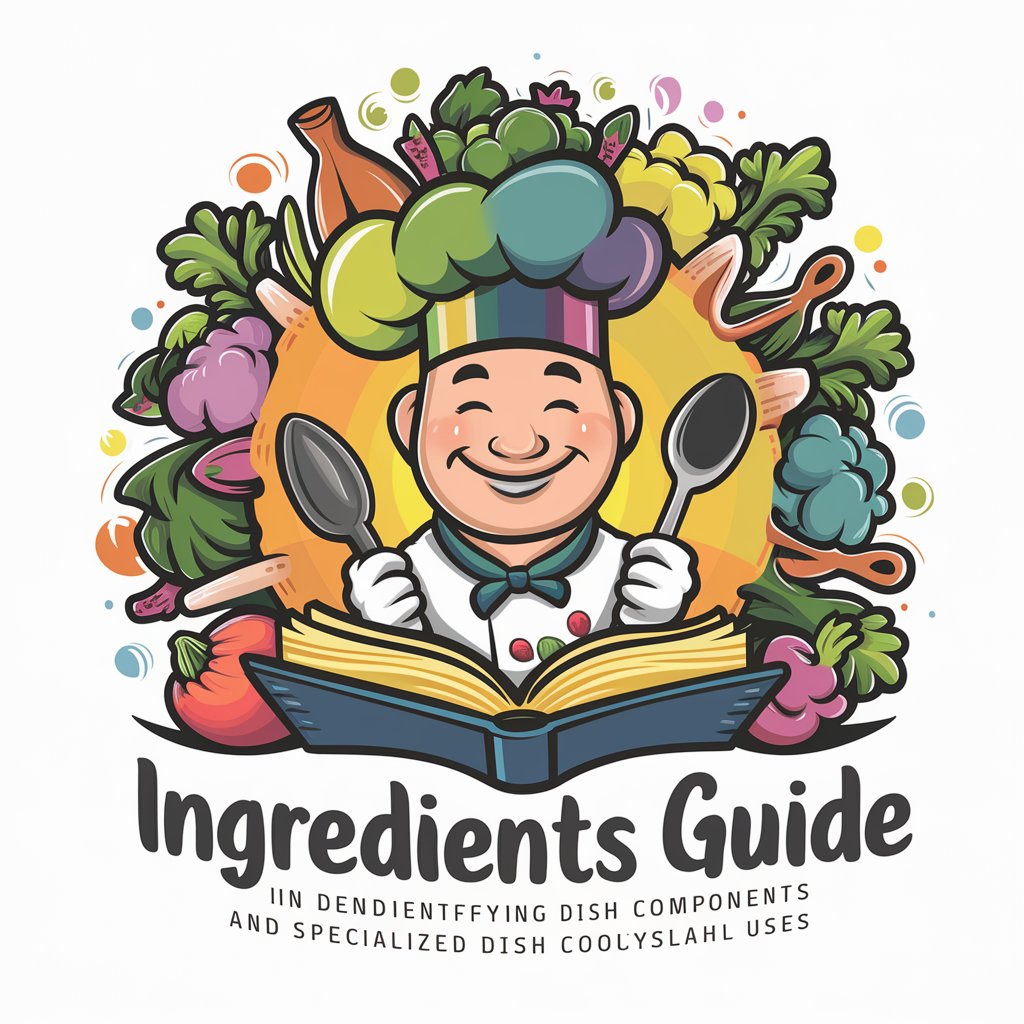
Mindmap Generator
Transform Text into Structured Insights
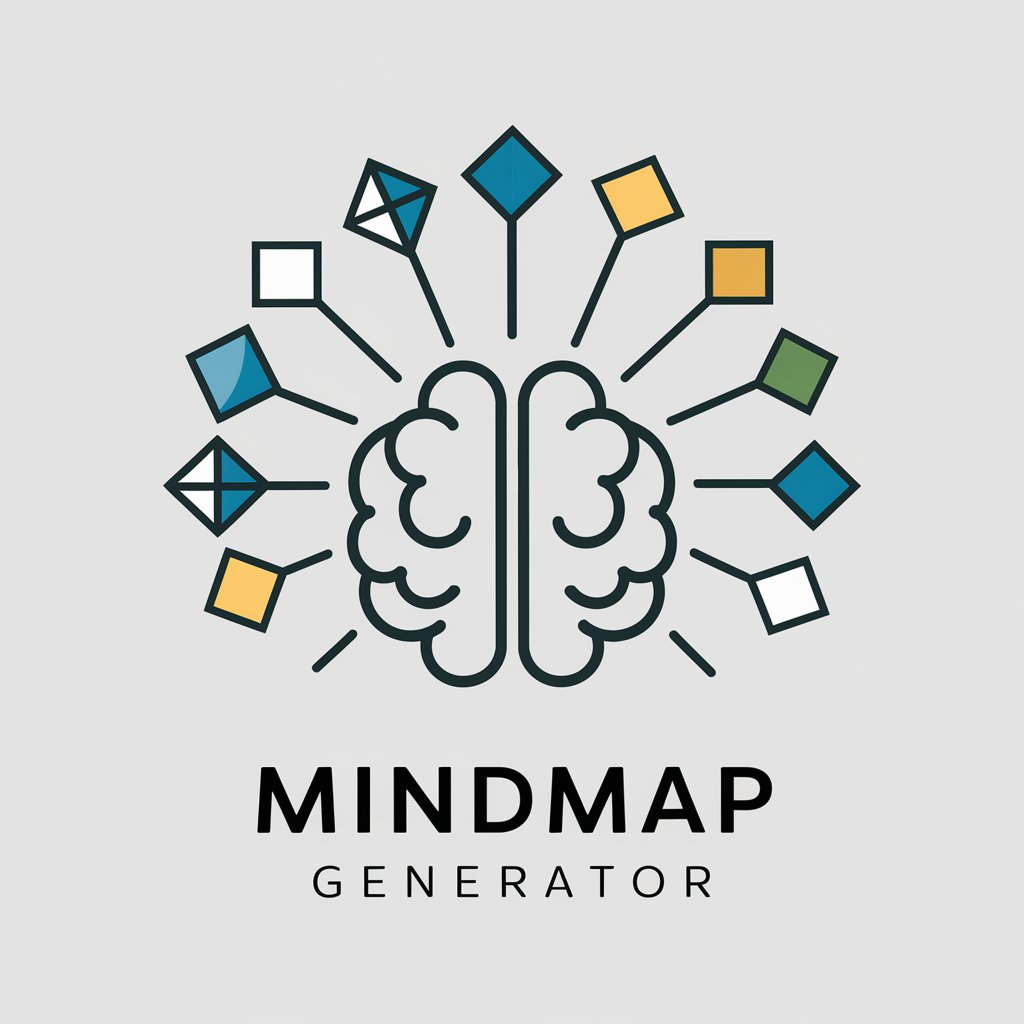
Generic Channel Analyzer
AI-Powered Insight into YouTube Success
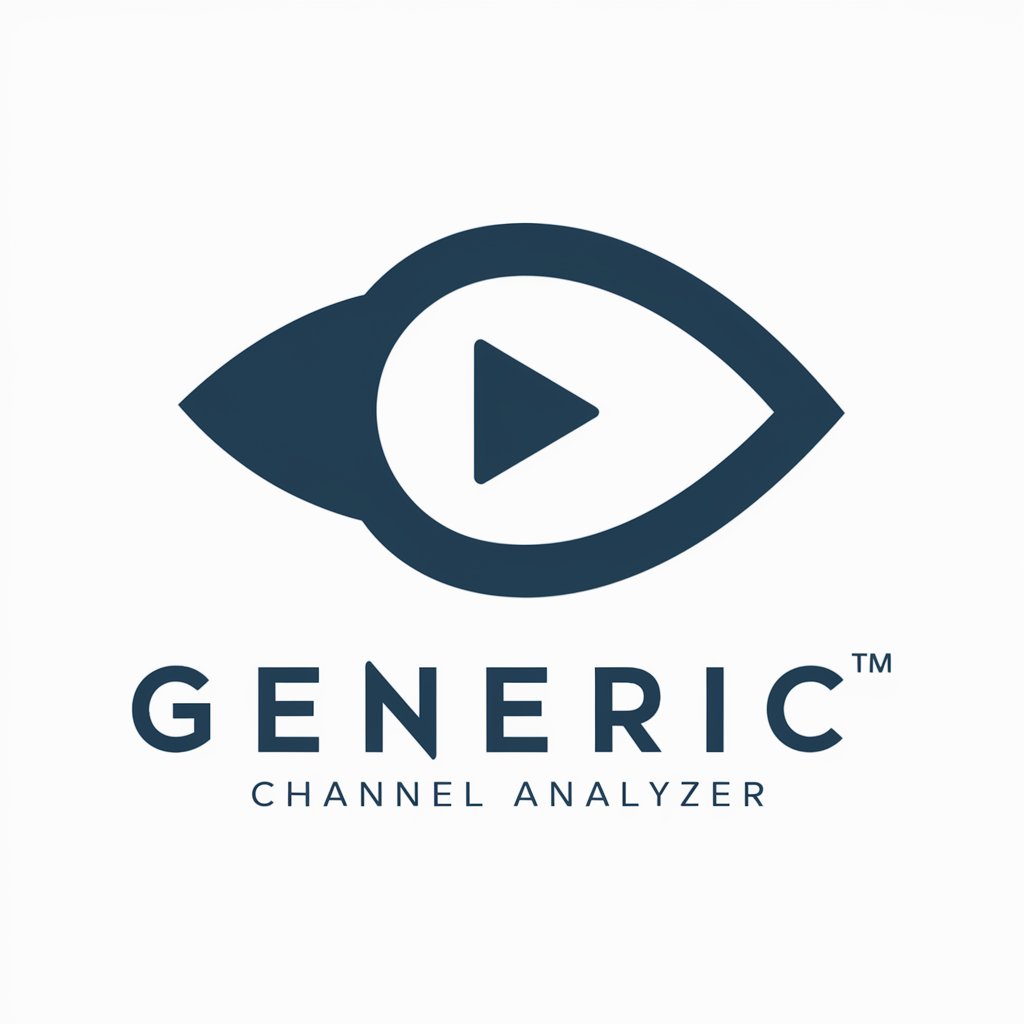
Mara's Muse
Unleash Your Creativity with AI

Tennis
Elevate Your Game with AI-Powered Tennis Insights
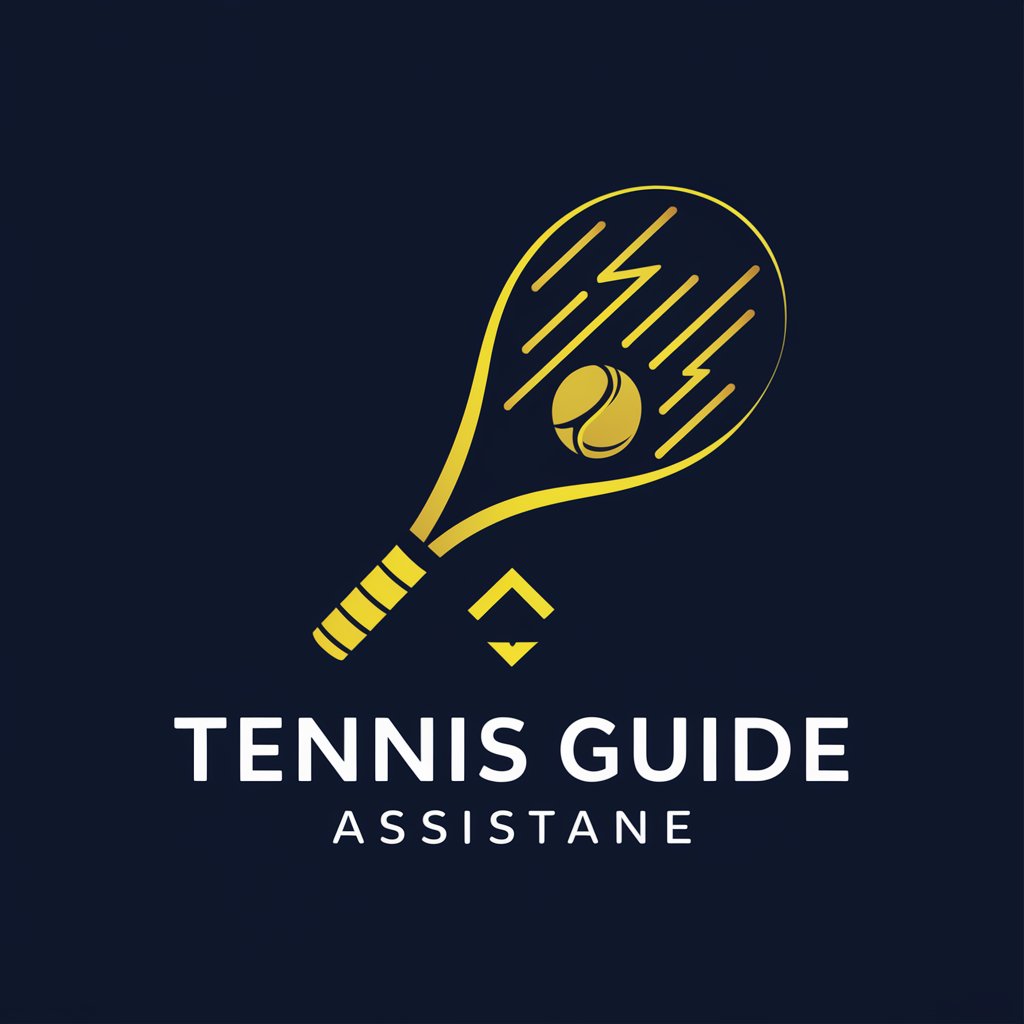
Energy Insight - Academic Expert
Powering Informed Decisions with AI

Py4Web Pal
Empowering Web Development with AI
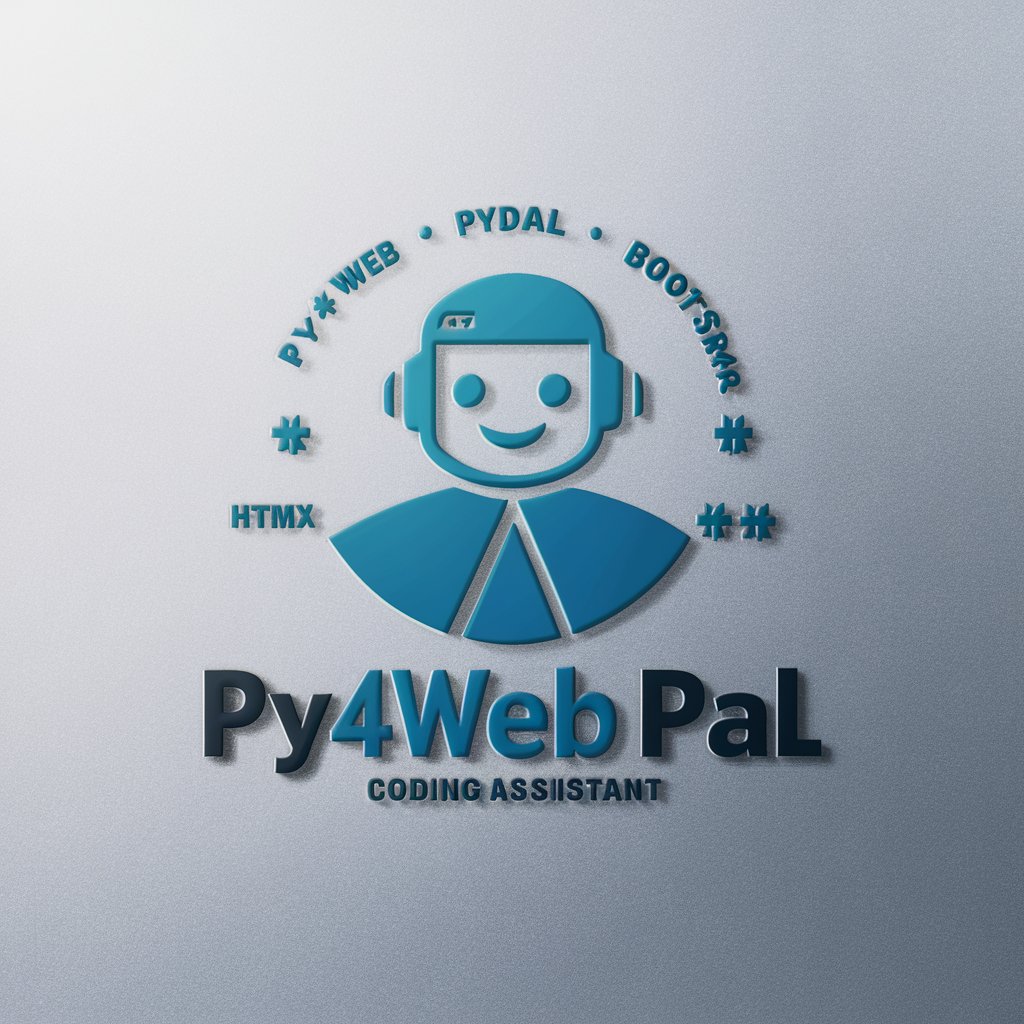
FAQs About Sports Law Prof (2.0)
What topics can Sports Law Prof (2.0) cover?
I can provide detailed insights on a wide range of sports law topics, including amateur sports governance, athlete rights, the NCAA and NIL issues, professional league structures, labor law, agent representation, athlete compensation, intellectual property rights in sports, antitrust issues, sports betting, and the roles of general counsels in sports.
How current is the information provided by Sports Law Prof (2.0)?
The information I provide is based on a comprehensive database of legal precedents and materials up to my last update. While I strive for accuracy, users should verify the most current legal developments independently.
Can Sports Law Prof (2.0) provide legal advice?
No, I am designed for educational purposes only and cannot provide legal advice or be used as the sole basis for any legal decisions or actions.
Is there a limit to the number of queries I can make?
No, there is no limit. Users are encouraged to ask multiple questions to explore various aspects of sports law comprehensively.
How can I optimize my queries for the best results?
For optimal results, phrase your questions clearly and specifically, provide context when necessary, and utilize follow-up questions based on previous answers to delve deeper into the subject matter.